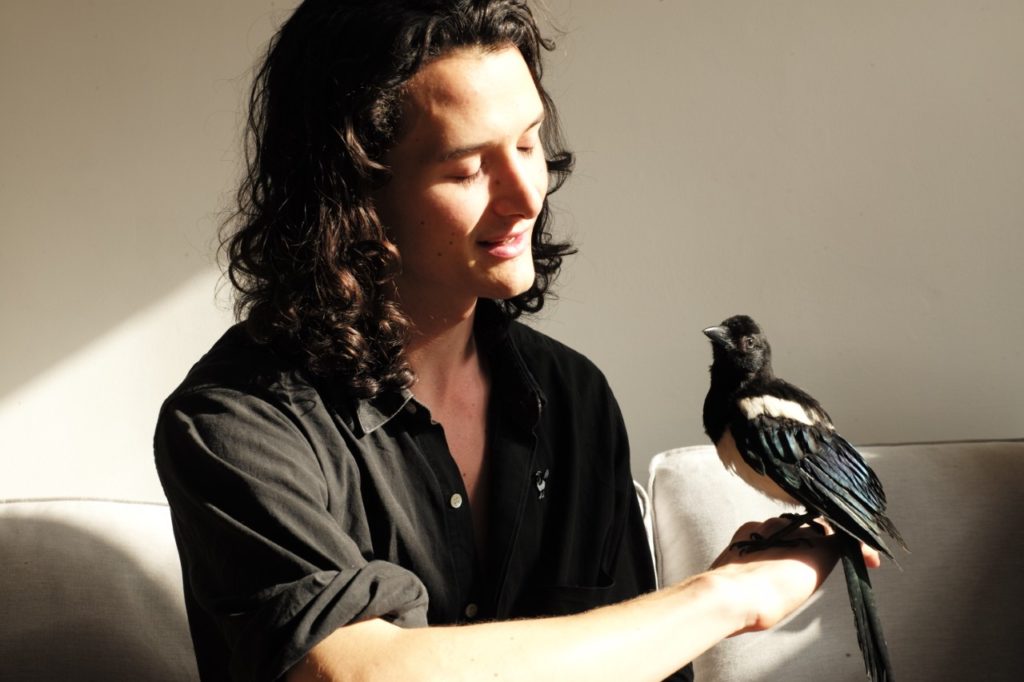Featherhood by Charlie Gilmour is an autobiographical story about a young man trying to find identity and self-love. His birth father was Heathcote Williams, a brilliant, but mad English writer and activist who abandoned Charlie and his mother when the boy was a baby.
Written in the first person, Featherhood gives the reader a very intense and voyeuristic connection to Charlie’s thoughts and pain as he stumbles around trying to find a sense of himself and his place in the world.
At times, I grew exasperated with him. We’ve all had problems with our parents to one degree or another, but why, I thought, did he keep reaching out to a father who so obviously didn’t want to know him?
On a number of occasions, I wanted the author to move on, and share something new, rather than raking over many of the same issues. But over time, I became aware that in my own life, and those of people I know, the same issues, the same mistakes, etc, tend to be repetitive. Sometimes the obsessive and self-destructive thoughts we entertain in our heads are frequent visitors, and they continue to visit long after they are welcome.
Clearly, I was invested in this very personal story which resonated with some of my own, less extreme family dynamics. This is ultimately the story’s strength. It is a universal story about how we are all affected by family legacy.
What emerges in the book is a strong sense that being honest about one’s own failings, and a willingness to acknowledge that our parents are not perfect and cannot fulfill all our needs, can lead to healing.
What’s more, it reinforces the notion that caring for others gives our lives purpose and has redemptive properties. This is certainly true in the case of Charlie Gilmour. One of the main storylines is about him looking after an abandoned magpie chick. On coming into his life, it creates havoc and distress, but over time, the relationship between man and bird changes.
By taking in a feathered waif, and giving it love, care, and shelter Gilmour begins to see a different path through life.
As a man, I understand how disappointing one’s father can be. How perceived deficiencies and real wrongs can affect boys as we move into manhood. Charlie’s father was perhaps at a more extreme end when it came to failings, but the effect on boys with seemingly deficient fathers leaves scars that can increase their sense of inadequacy.
By finding a path through all of this, and shining a very hard and honest light on his own journey, Charlie Gilmour provides a lesson for us all.
Note – Featherhood was published in 2021.
